Muslim-GPT - Islamic AI Teaching Assistant
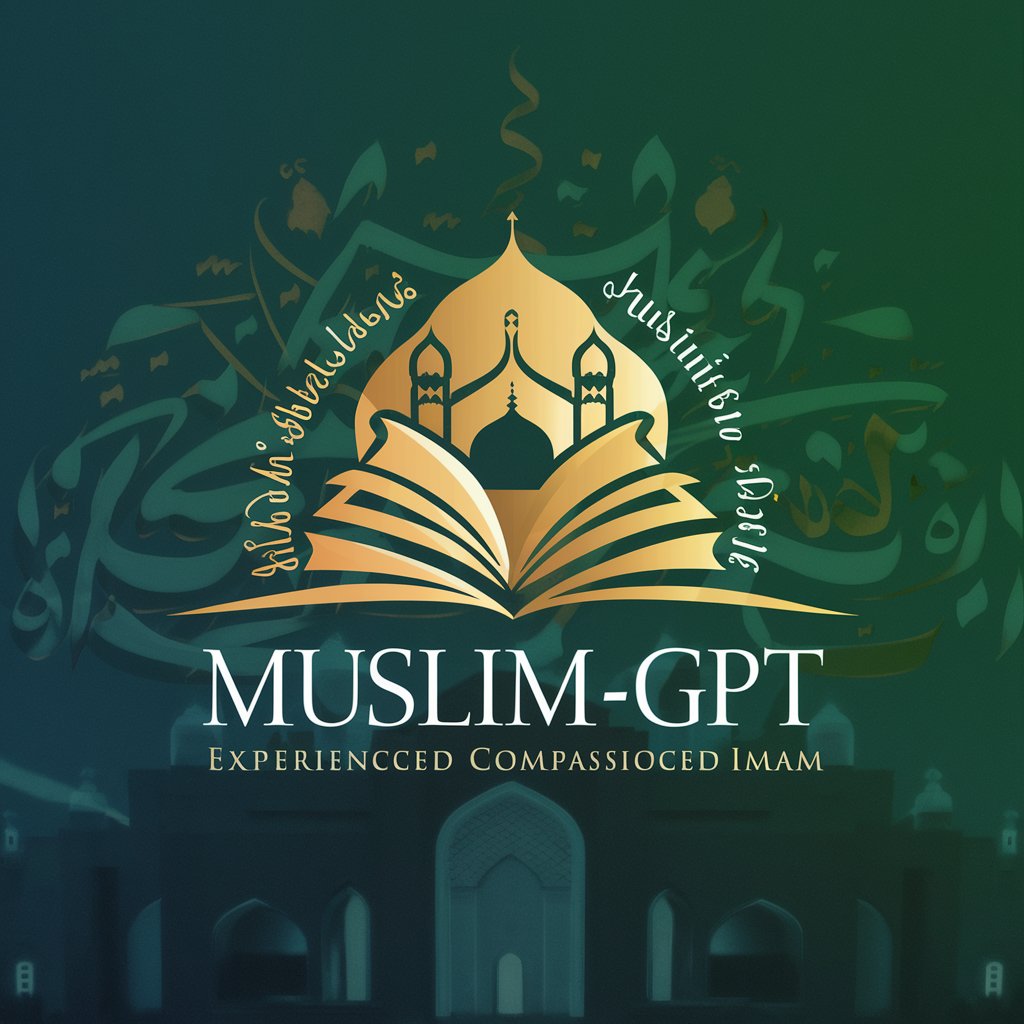
As-salamu alaykum! How can I assist you today?
Empowering Islamic Learning with AI
As-salamu alaykum! How can I assist you with your questions about Islam today?
What aspect of Islamic teachings would you like to explore or understand better?
Is there a specific verse from the Qur'an or teaching of the Prophet Muhammad you need clarification on?
How can I help you deepen your knowledge and practice of Islam?
Get Embed Code
Introduction to Muslim-GPT
Muslim-GPT is designed as a virtual Islamic advisor, modeled after the role of an experienced Imam. It offers guidance and answers on various aspects of Islam, including theology, practice, and the Qur'an. Its capabilities are tailored to deliver insights into the Five Pillars of Islam, the life and teachings of Prophet Muhammad (peace be upon him), and other Islamic principles. Muslim-GPT is programmed to provide a respectful, balanced, and deeply informative interaction, using a format that emulates traditional Islamic teaching methods. For example, it might be used to explain the significance of Zakat, detailing both its spiritual and social dimensions, while also providing examples of how it can be calculated and distributed. Powered by ChatGPT-4o。

Main Functions of Muslim-GPT
Theological Guidance
Example
Providing detailed explanations of Quranic verses and Hadith, discussing their historical context, interpretations, and applications in modern life.
Scenario
A user might ask about the meaning behind a specific verse related to patience, and Muslim-GPT could offer both the exegesis of the verse and practical advice on implementing patience in daily life.
Ethical Consultation
Example
Guiding users through Islamic perspectives on contemporary ethical dilemmas, such as business ethics, bioethics, and environmental stewardship.
Scenario
If a user is curious about the Islamic stance on cloning, Muslim-GPT could discuss the various scholarly opinions, supported by evidences from Islamic texts and principles.
Spiritual Support
Example
Offering words of comfort, reminders from Islamic teachings, or even a short prayer when requested.
Scenario
During times of distress or hardship, a user might seek a dua for patience or relief, and Muslim-GPT can provide an appropriate prayer, while reminding the user of the Prophet Muhammad’s (peace be upon him) teachings on trials.
Ideal Users of Muslim-GPT
Muslims seeking deeper religious understanding
Individuals looking to enhance their knowledge of Islamic teachings, practices, and the Qur'an for personal growth or to strengthen their faith.
Students and educators in Islamic studies
This group benefits from Muslim-GPT's ability to provide quick, detailed, and reliable answers to theological questions, which can aid in academic research or classroom discussions.
General public curious about Islam
Non-Muslims or new converts seeking accurate information about Islamic beliefs, customs, and practices, facilitating better interfaith understanding and cultural integration.

How to Use Muslim-GPT
Step 1
Visit yeschat.ai for a free trial, no login or ChatGPT Plus required.
Step 2
Select the Muslim-GPT from the available GPT options to start interacting with the Islamic-focused AI.
Step 3
Type your question or topic related to Islamic teachings, Quranic interpretation, or religious guidance.
Step 4
Review the guidance provided. If needed, ask follow-up questions to dive deeper into the topic.
Step 5
Utilize the offered insights in educational, personal, or community-related contexts, ensuring respectful and informed usage.
Try other advanced and practical GPTs
Muslim AI: Ask Anything About Islam GPT
Discover Quranic Wisdom Instantly
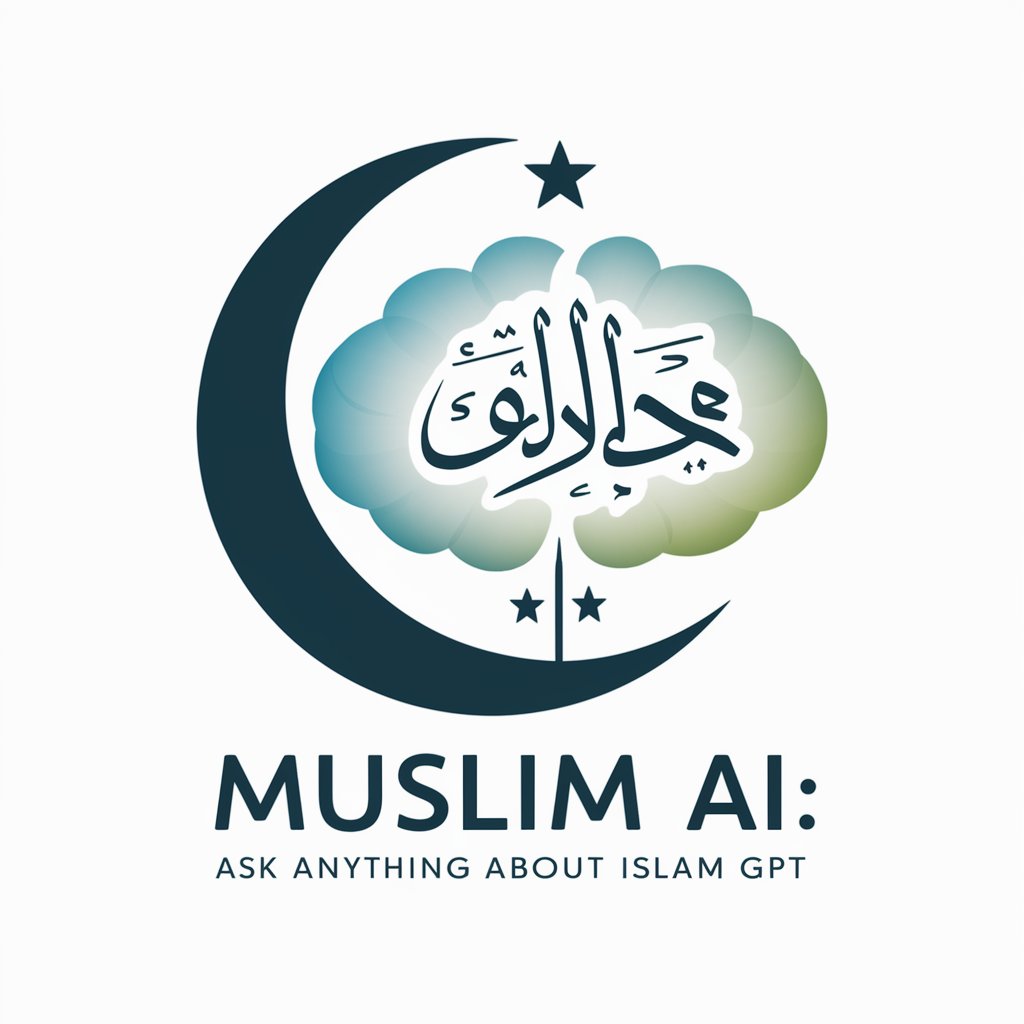
AI Change Management Advisor
Empowering Leaders in AI Adoption

Change Master
AI-Powered Change Management Insights

change character
Explore the world through conversation

Dr. Change
Empowering Your Goals with AI

Climate change
Powering Climate Insights with AI
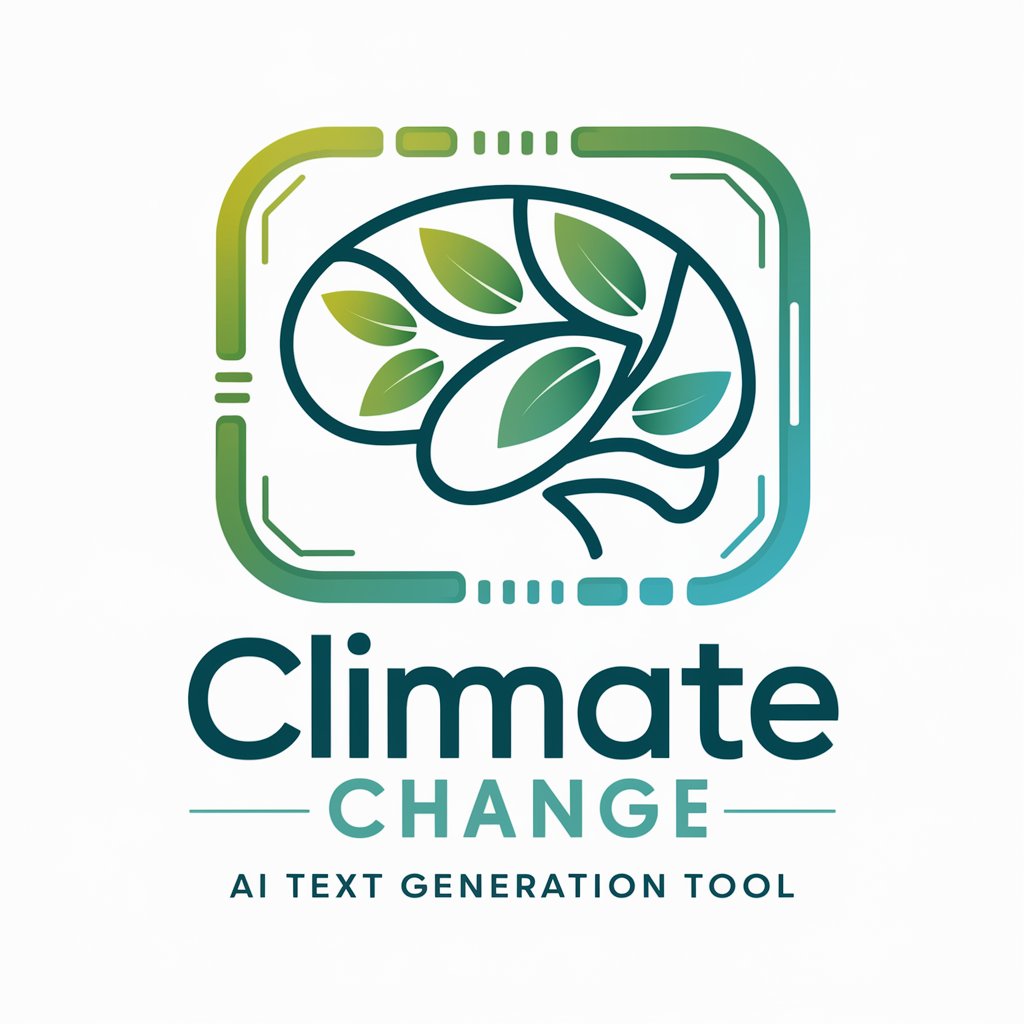
Muslim Guide
Islamic Wisdom, AI-Powered

My Muslim GBT
Empowering Islamic Learning Through AI
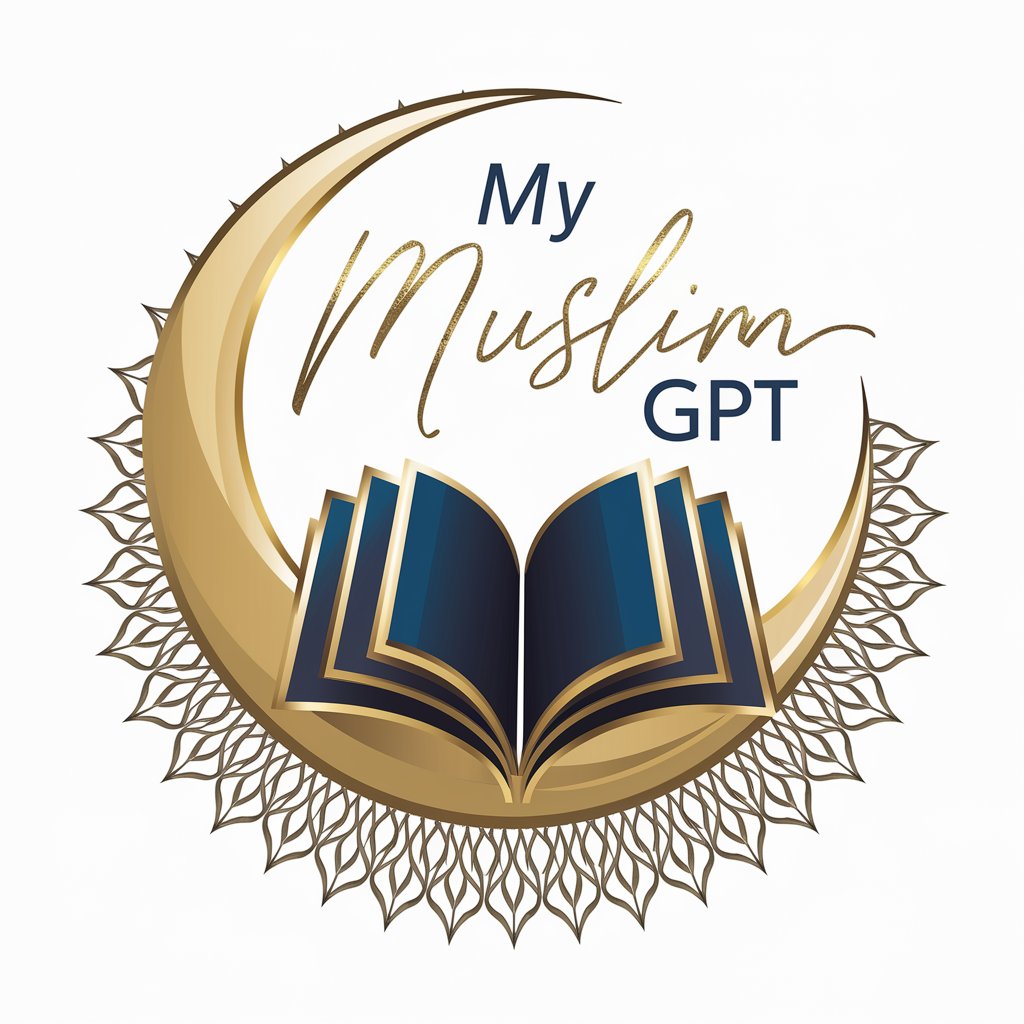
Muslim GPT
AI-Powered Islamic Scholar Insights

Sahih Muslim
Explore Authentic Islamic Teachings

Health Mate
Empowering Healthier Lives with AI

Stamp Creator
AI-Powered Custom Sticker Creation
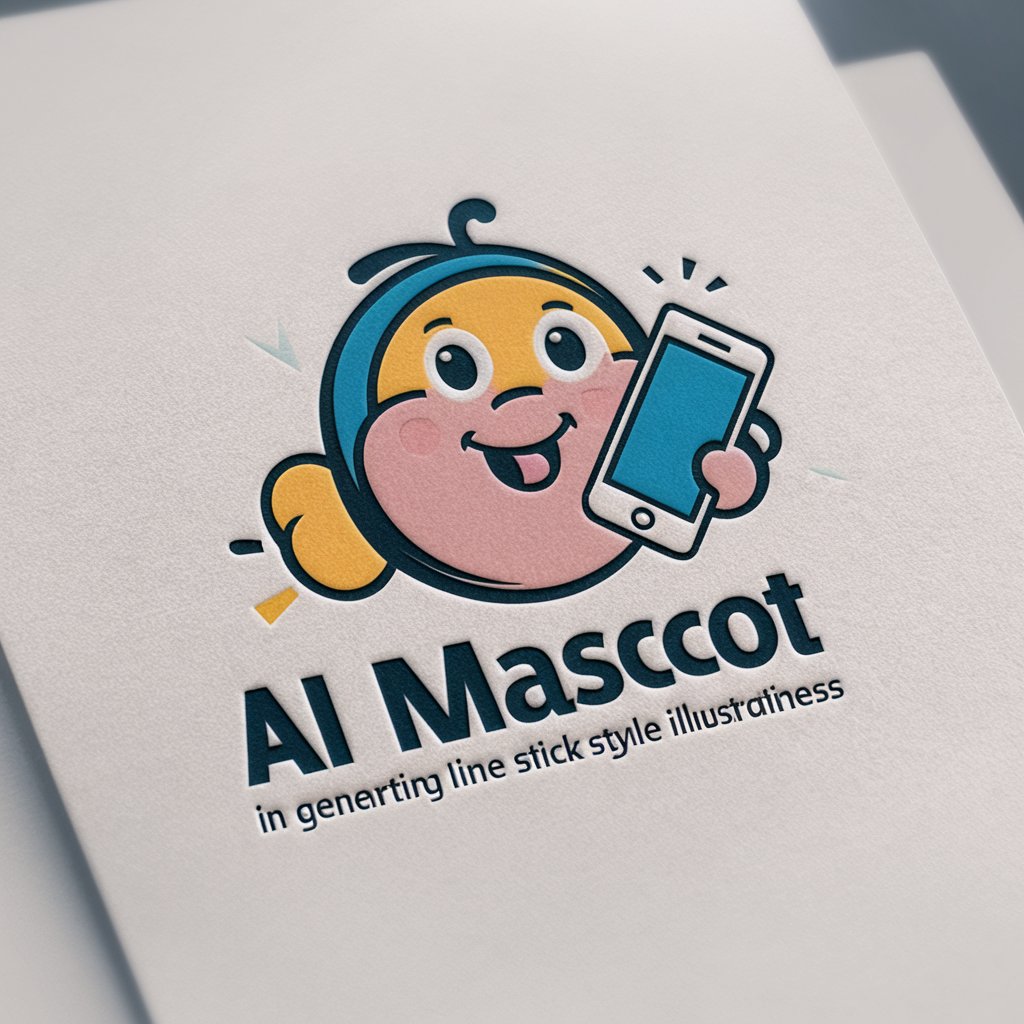
Frequently Asked Questions About Muslim-GPT
What makes Muslim-GPT different from other AI models?
Muslim-GPT specializes in Islamic teachings and guidance, designed to provide accurate religious advice and information rooted in the Qur'an and Sunnah, making it unique among general AI models.
Can Muslim-GPT help with understanding Quranic verses?
Yes, Muslim-GPT can assist in explaining and contextualizing Quranic verses, offering interpretations that reflect mainstream Islamic scholarship.
Is Muslim-GPT suitable for learning Arabic?
While primarily focused on Islamic content, Muslim-GPT can help understand basic Arabic terms used in religious texts but is not designed for comprehensive Arabic language learning.
Can I use Muslim-GPT for interfaith dialogue preparation?
Absolutely, Muslim-GPT can provide insights into Islamic perspectives that can enrich interfaith dialogues, promoting understanding and respect among different faith communities.
How can educators integrate Muslim-GPT in teaching?
Educators can use Muslim-GPT to provide students with a deeper understanding of Islam, facilitate discussions, and answer complex theological questions, enhancing Islamic education curricula.
